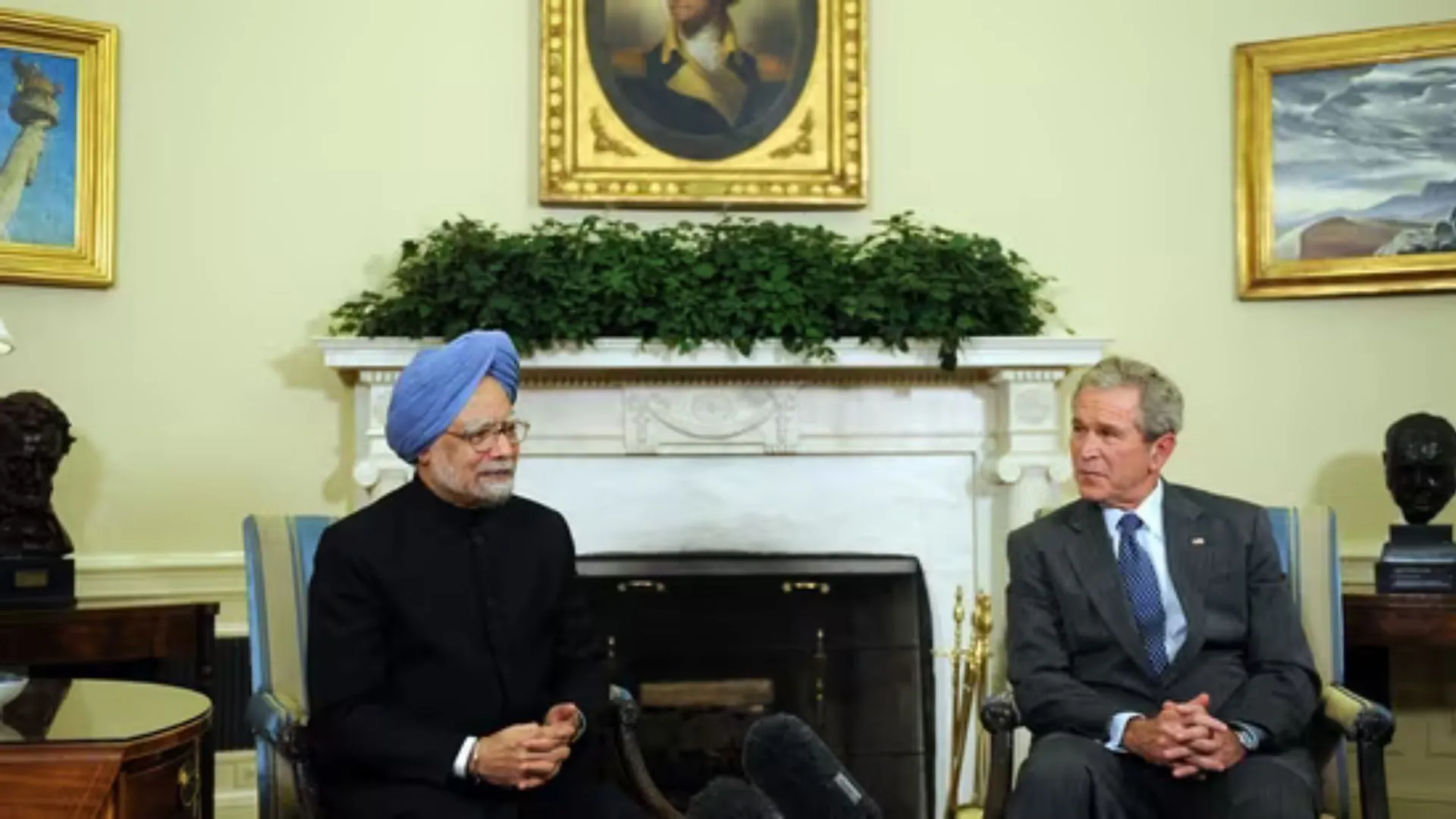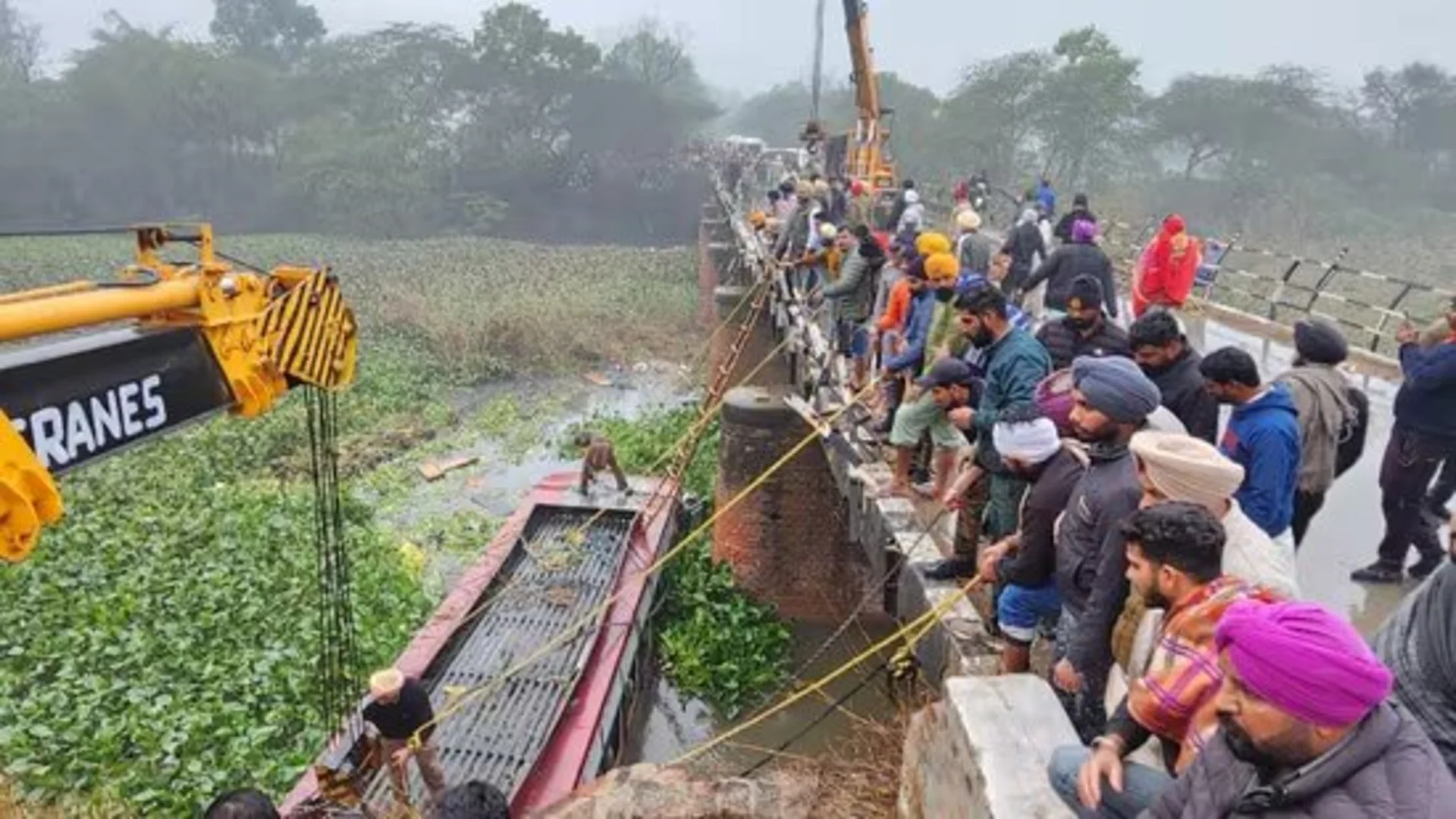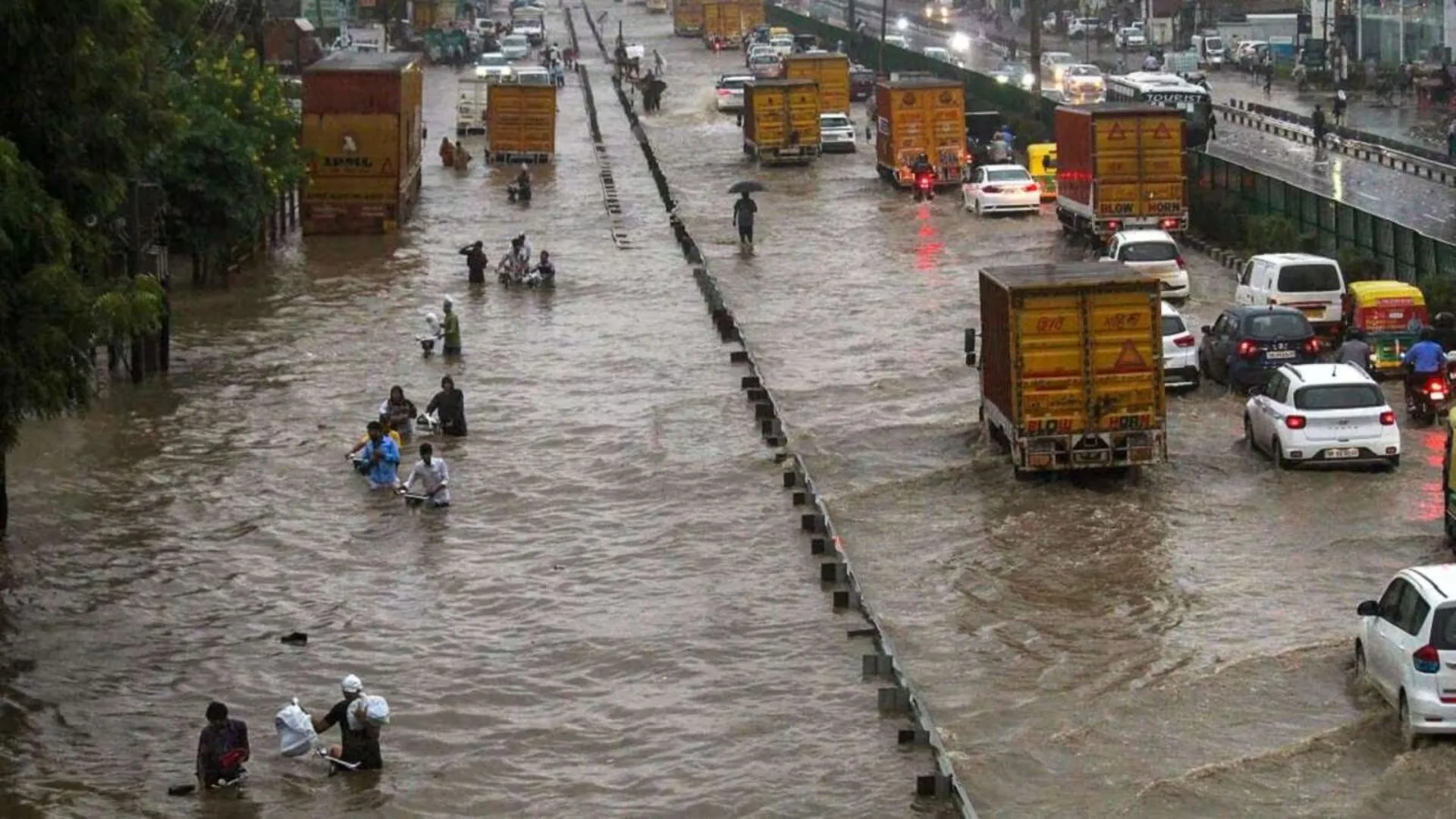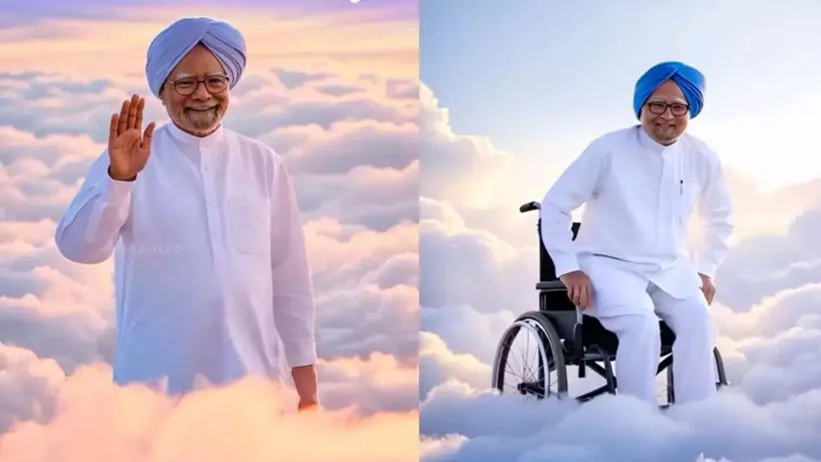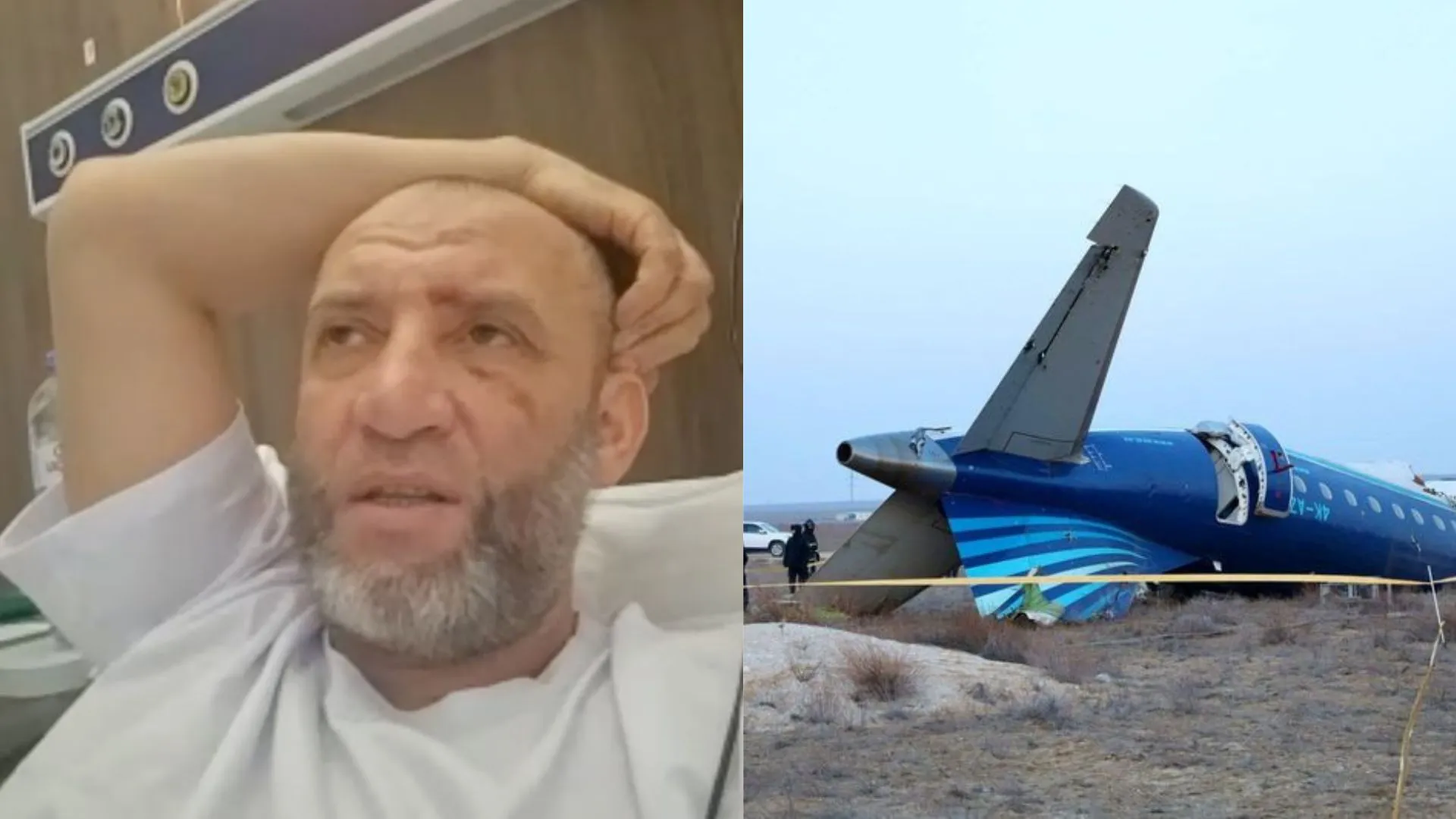The Punjab government is contemplating approaching the Supreme Court to contest an October 19 directive issued by the Punjab and Haryana High Court, which requires it to announce a schedule for pending elections in five municipal corporations (MCs) and 42 municipal councils/nagar panchayats within 15 days. The directive affects delayed polls in major urban centers, including Amritsar, Patiala, Jalandhar, Phagwara, and Ludhiana, where civic body elections have been postponed for the past two years.
The high court’s order necessitates swift action from the government, pressing the Chief Minister’s Office (CMO) to decide on whether to adhere to the directive or seek relief through the Supreme Court. Sources suggest that consultations are underway with top legal advisors to weigh the feasibility of challenging the order. “The chief minister will make the final call next week on whether to proceed with the election notification or to petition the apex court,” officials from the CMO confirmed.
Local Bodies Minister Dr. Ravjot Singh echoed the need for a strategic decision, pointing out that the choice to move forward with elections ultimately rests with the chief minister. “The possibility of taking the matter to the Supreme Court has been under discussion within the department. We are responsible for outlining all options, including the potential ramifications of each course, to support an informed decision by the CM,” Singh explained.
The government’s hesitation to proceed with the civic body elections stems from a combination of strategic and logistical considerations. Officials have expressed concerns over the overlap between municipal corporation polls and upcoming assembly bypolls in four constituencies—Gidderbaha, Dera Baba Nanak, Chabbewal, and Barnala. Furthermore, the administration is keen on gaining additional time to initiate development projects that had been stalled due to repeated enforcement of the model code of conduct amid successive elections this year, including the Lok Sabha, Jalandhar by-election, and the forthcoming assembly bypolls.
Insiders reveal that some Aam Aadmi Party (AAP) leaders remain hesitant about holding urban body elections following the party’s significant losses in urban areas during the recent Lok Sabha elections. Concerns have been raised within the party about the potential impact of these elections on its urban voter base.
With civic body elections looming, AAP’s national convener Arvind Kejriwal, along with Punjab Chief Minister Bhagwant Mann, has conducted a comprehensive review of the performance of the state’s municipal corporations. The recent meetings involved extensive discussions with municipal commissioners to address key urban issues, such as road infrastructure, clean drinking water, sewerage management, health and sanitation facilities, street lighting, and other essential civic services. The review sessions were attended by prominent state officials, including Local Government Minister Dr. Ravjot Singh, Chief Secretary KAP Sinha, Additional Chief Secretary for Local Government Tejveer Singh, and Director General of Police Gaurav Yadav, highlighting the government’s focused attention on civic governance.
These considerations reflect the intricate balance the Punjab government seeks to maintain between honoring the high court’s directive, addressing pressing civic issues, and aligning political and developmental priorities amid an evolving electoral landscape.


